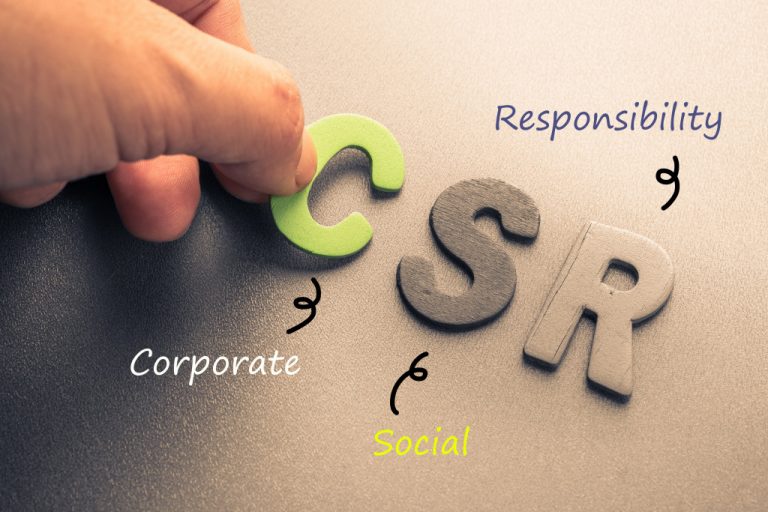Every company has its own workplace culture. The human aspect of businesses is often emphasized in their corporate social responsibility (CSR) as they try to ameliorate the lives of their stakeholders. Usually, there are mixed reactions to social media posts or other efforts of entities to show people that they are using their platforms to constitute change.
This is due to the use of “virtue signaling” as a slur by some users online, calling out the authenticity of action of a company or a person. It implies that any sign of intent to help or to identify mistakes of others is guided by the reward of good public relations and not solely motivated by genuine concern. However, hasty posts make it more likely that the use of virtue signaling as an insult is unfounded or a result of impulsive reactions. People are more reluctant to believe what they read online due to the circulation of fake news and fake “facts.”
Others believe that accusing someone of virtue signaling is harmful since there must be an inherent intent to help others. Maybe the company or the person legitimately wants to provide aid and has a sense of altruism in them. To dissect the issue, looking into the origins of corporate social responsibility as well as its effects on its stakeholders today might help.
A Brief History of Corporate Social Responsibility
CSR existed before the term was even coined. During the Industrial Revolution, employers wanted to provide welfare and other benefits to their employees to improve the quality of life of everyone working in the factories. Prior to this, the factory system was scorned for the mistreatment of all workers.
Later on, Carnegie and Rockefeller brought attention to philanthropic uses of their excessive wealth. They donated to charities and helped to fund various causes, including those related to science. This could have helped change the footing of corporate social responsibility, expanding into causes outside the workplace. After all, companies affect more than just the people that they hire. They also shape economies and, in turn, neighborhoods when they pay their taxes. They provide jobs to breadwinners, improving the lives of those families.
How CSR Affects Motivation
Employees could become more determined and loyal when they know that they are working for an altruistic firm. It reminds them that they may have a small role in the company but their contribution to its success has an impact on whole communities. CSR integrates seemingly mechanical work into a human story, creating a positive feedback loop on people helping one another.
For example, collecting donor payments can make an individual feel like they can make someone else’s day better. Providing access or a means to philanthropy to everyone will improve employees’ overall well-being. Research shows that giving back has positive results. This is why CSR is an important component of any company. It can keep workers and customers connected with other people who are in need, building a bridge between those with and without.

With CSR or without CSR?
If more cynicism continues to criticize the attempts of companies to help communities, it can have a devastating impact on work culture. Considering how many millennials partake in social consumerism and how the number of customers in that field is growing, companies without CSR could potentially suffer. Clients could boycott these companies, and competitors with great CSR programs may outshine them.
Although some companies might argue that it affects their margins, that is not always necessary. CSR could mean giving back to communities by encouraging enterprise-led volunteering activities or even figuring out a way to sell or donate extra inventory. Even an hour can make a difference. Anyone can put in the time to volunteer.
CSR for Human Needs
As mentioned earlier, CSR is founded on human needs. It arose from the hope of having better working conditions, as well as sharing the wealth of those who wished to and could. Even though some might say there are companies who do it for marketing, the positive impact of their actions cannot be ignored. There is difficulty in consistently being negative toward groups that are trying to bring help to others. If no one else is there to give aid, who will?
CSR may be virtue signaling but not in the sense that it should be taken as a slur. Companies should be commended for their efforts to bring causes to light and find the means to improve the lives of others. There are many entrepreneurs who started with a dream to make a better tomorrow. CSR is one of the ways that can help everyone get there.




